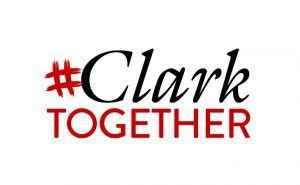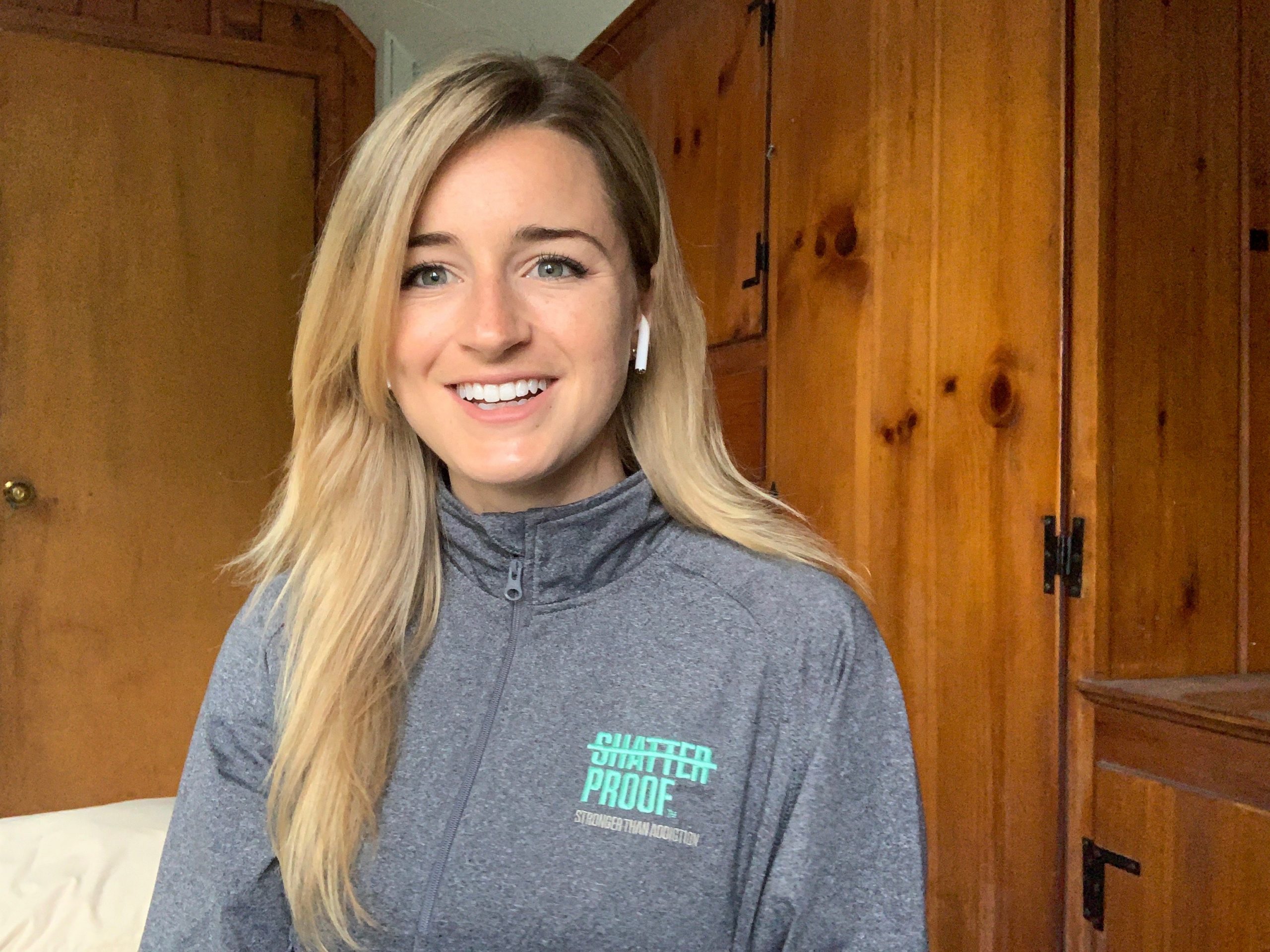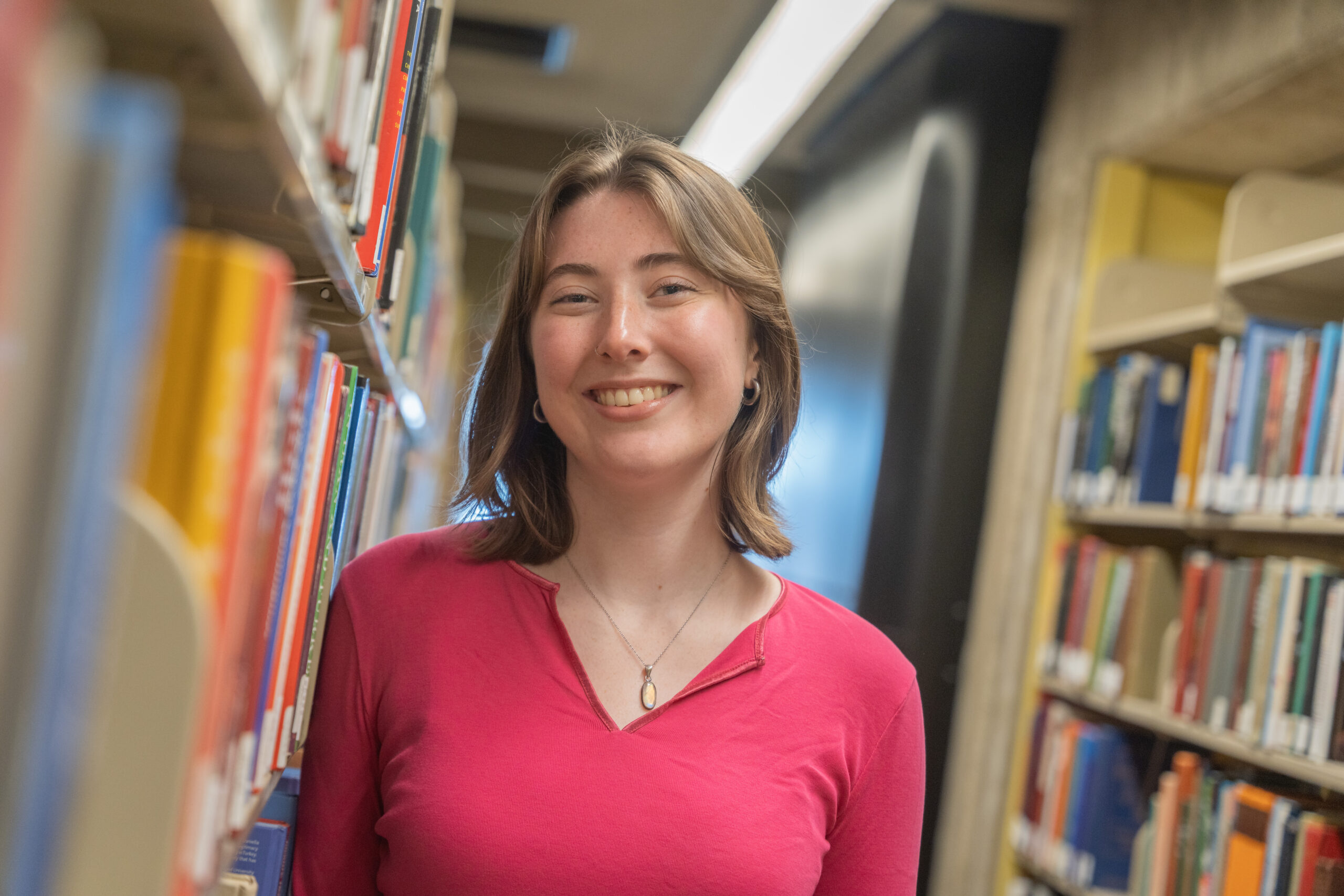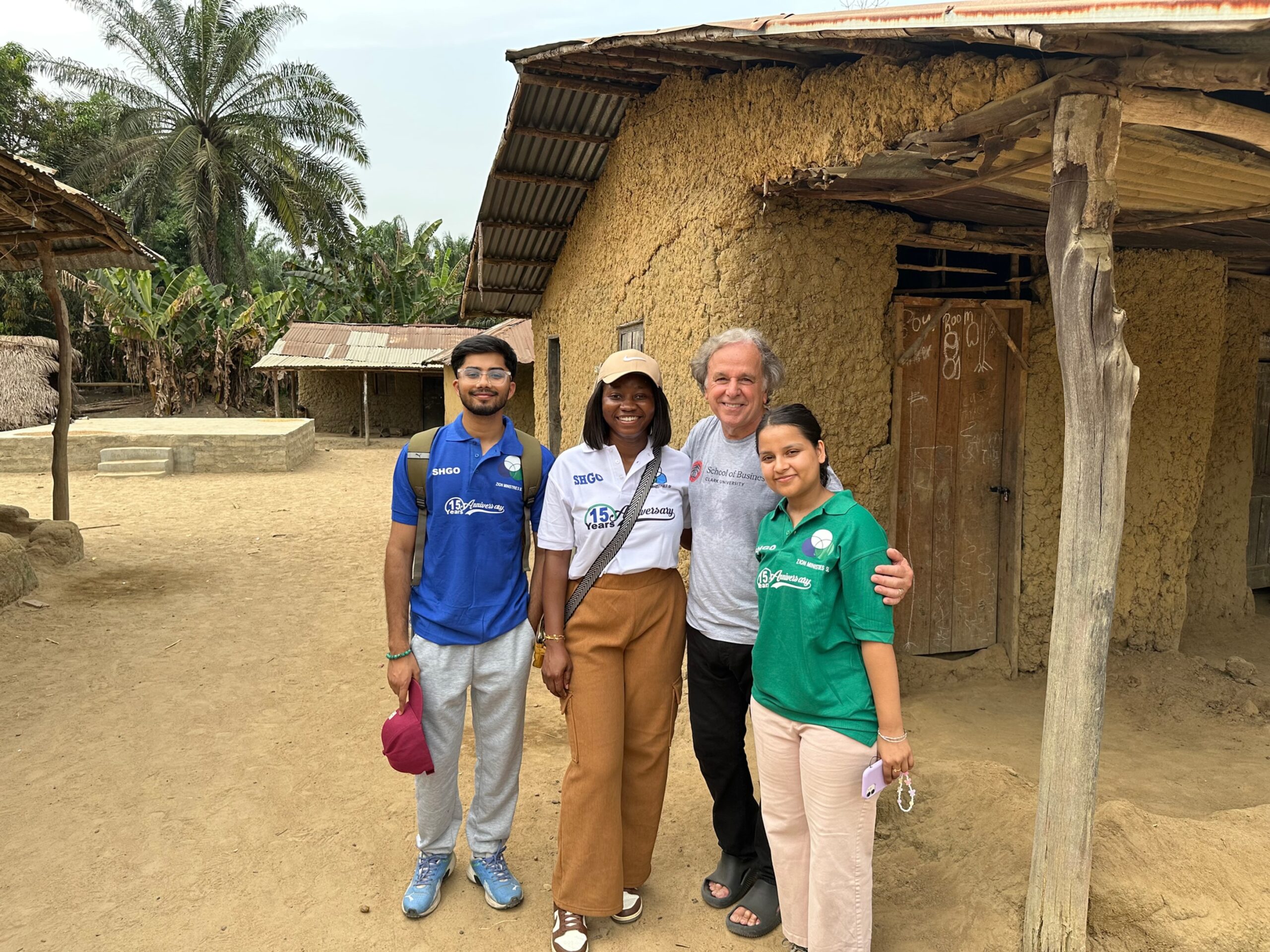Samantha Arsenault ’15, M.A. ’16, fights “perfect storm”
Samantha Arsenault ’15, M.A. ’16 realizes that every part of the addiction spectrum has been affected by the “perfect storm” of COVID-19. Those affected by addiction will face even greater challenges during this time as people are forced to stay at home, away from their communities, support networks, and regular activities. The pandemic is taxing all areas of the health care system, including treatment and recovery services.
As Vice President of National Treatment Quality Initiatives for Shatterproof, a nonprofit organization dedicated to reversing the addiction crisis in the U.S., Arsenault advocates for treatment solutions with national addiction working groups, at conferences and speaking engagements around the country, and in the media.
 Her organization spearheads education around addiction and its treatment by breaking down the stigmas and addressing the policy and regulatory changes that need to be made to ensure access to high quality care for addiction.
Her organization spearheads education around addiction and its treatment by breaking down the stigmas and addressing the policy and regulatory changes that need to be made to ensure access to high quality care for addiction.
According to Arsenault, the chronic, recurring condition of addiction is a biopsychosocial disease — i.e., it contains biological, psychological, and social components. Treatment usually involves three things — medication, therapy, and social support — each of which is harder to access because of COVID-19.
“It’s much more difficult for people to access medication for addiction. You can’t just get your medication the way you get your birth control or insulin,” she says. Patients suffering from addiction are subject to more restrictive protocols, like having to go to a facility every day to pick up medication because of the stigma around the disease, and the fear of diversion of those medications, she continues.
The situation is made even more difficult because people are afraid to leave their homes and providers are having trouble maintaining services. She notes that some states have reacted and made it easier for people to access those medications.
But if the patient’s need for medication is new, getting a personalized assessment from a physician is difficult. “It’s hard to do anything from your home, let alone have a conversation about your addiction for the first time in order to get access to medication,” she says.
The second component of addiction treatment is counseling, which can be a challenge if the patient can’t meet one on one with their therapist. Arsenault notes that many of these types of services are moving to telehealth; providers are quickly learning about it and adapting it to the needs of their patients.
“But for some people, that is not going to meet their needs. They may have issues with their family and are at home with them, so they can’t have that discussion, or they have limited cellphone minutes so they can’t have an hour-long conversation every week with their therapist,” she says.
The final issues surround social support, which is a big component of addiction recovery. Arsenault notes that people who are in recovery rely on support from mutual aid groups and peer support groups to help them maintain their sobriety or recovery. Such services are limited by the inability to gather in groups.
While some services are being made available online, that may not be enough. In Arsenault’s opinion, many don’t feel the same level of connection with online groups and aren’t getting the support that they need. Isolation poses a huge risk factor.
“People can turn to substances to cope and we’re seeing that among a lot of people, even if they don’t have a severe substance use disorder. And they’re lonely, just like everybody else. But it is exacerbated because they have this addiction,” she says.
Arsenault is concerned that any positive ground gained in the addiction space over the last five years may be lost because of the pandemic. Economic indicators point to increases in substance abuse.
“Will we see an uptick in substance use disorders because of all of the trauma of unemployment and social isolation?” she wonders. “These are all factors that enhance the risk and create an increased need to enforce the baseline level of support, and to make sure that people have access to treatment.”
Shatterproof has put together an education and support module that answers common questions about addiction. Arsenault says they are focused on making resources available for every level — from the parent at home with their college-age children to those wondering what the federal government should include in the next coronavirus stimulus package. The organization is working on two bills that will expand access to addiction services post-coronavirus, including one that will eliminate medication restrictions and allow physicians to treat patients with addiction more quickly.
Arsenault received a bachelor’s in economics and a master’s in community development and planning from Clark. She interned with the Worcester Division of Public Health and was a graduate research assistant at the Mosakowski Institute for Public Enterprise, where she provided technical assistance to the Academic Health Collaborative of Worcester and conducted quantitative research on childhood trauma and violent offenses. She also worked with the Hope Coalition, run by Laurie Ross, professor of community development and planning in the Department of International Development, Community, and Environment.
“The multi-disciplinary training that I attained at Clark has been helpful in identifying solutions to these really complex problems of addiction because it’s never just one subset of expertise that is needed to do that,” she says. “A lot of the real world is just working with other people and identifying partners to help drive a solution forward. Clark really sets you up to do that. And it’s certainly something that has played out in the work I’m doing now.”





